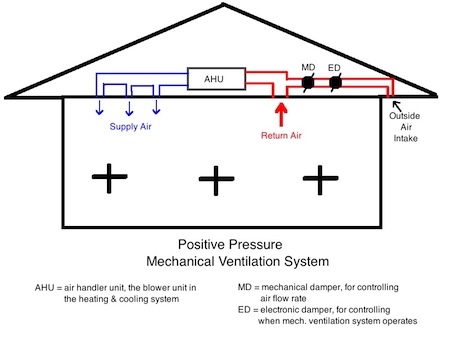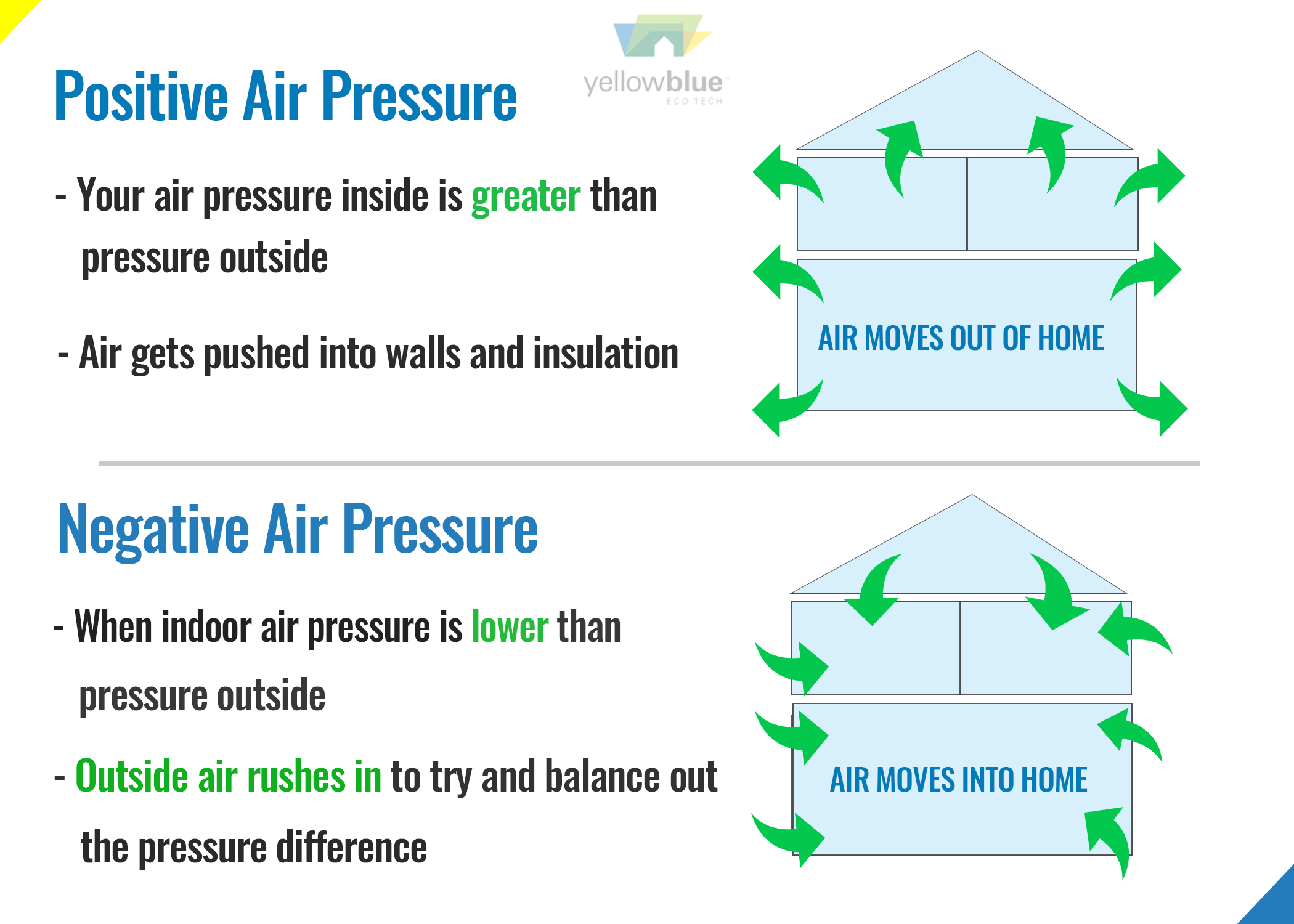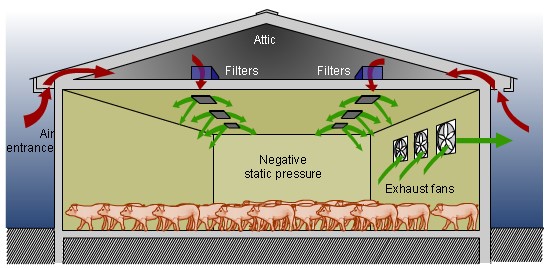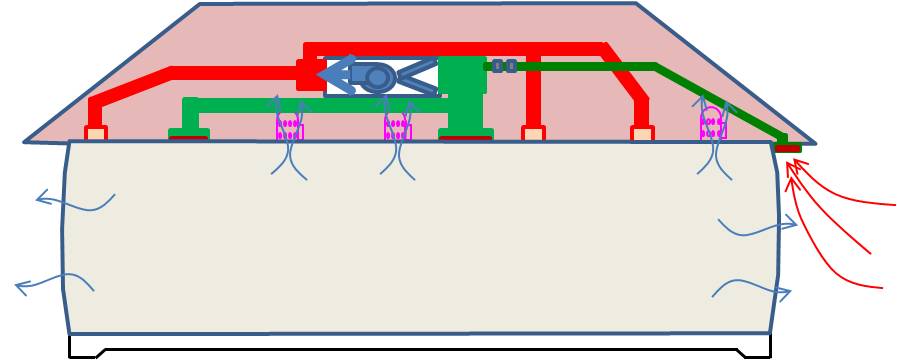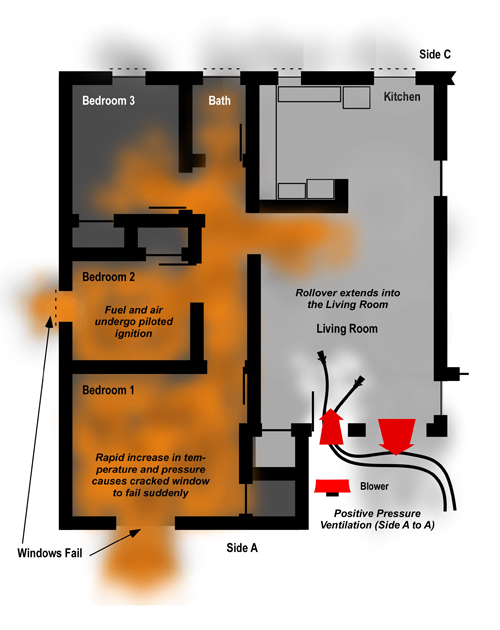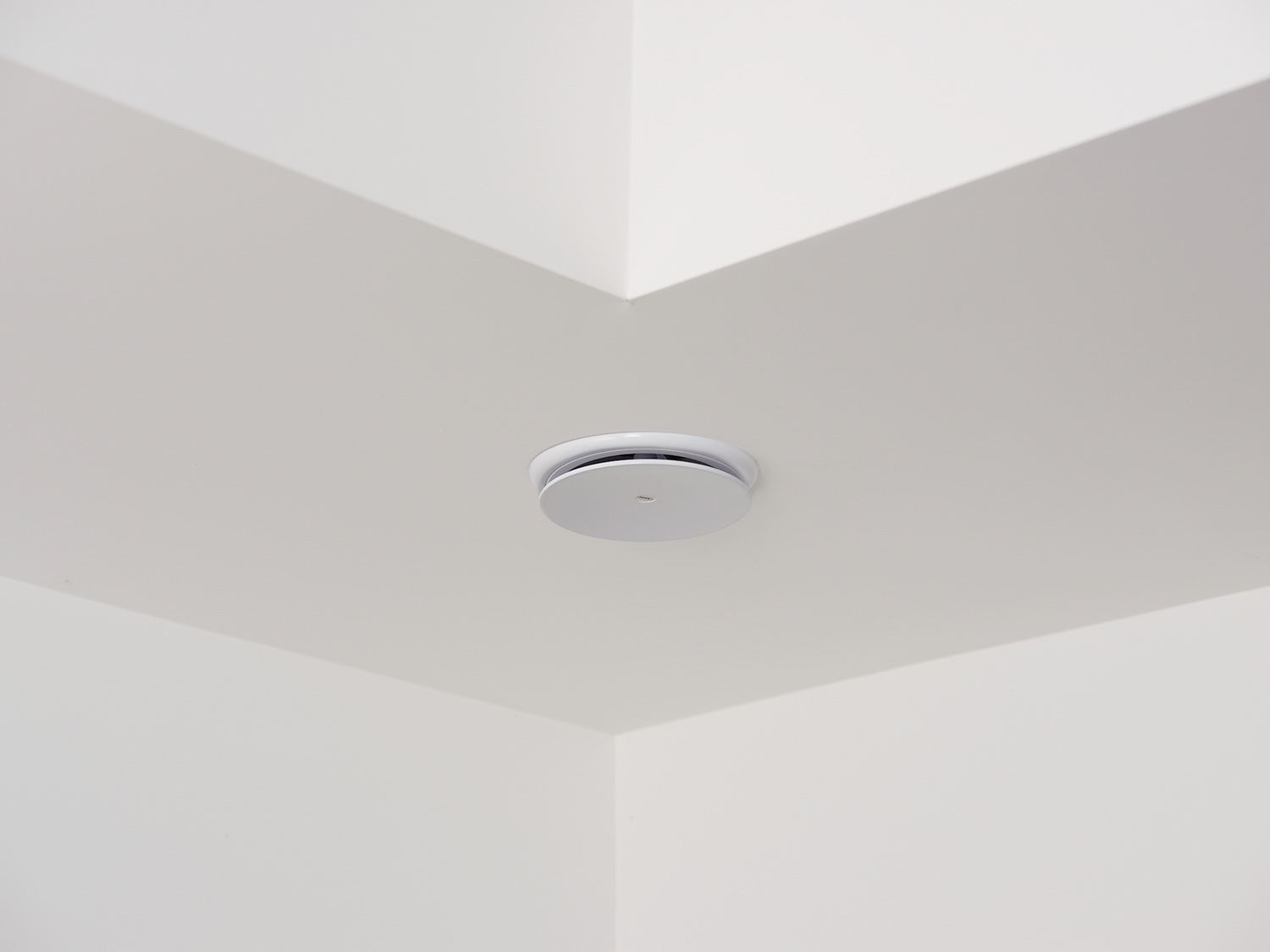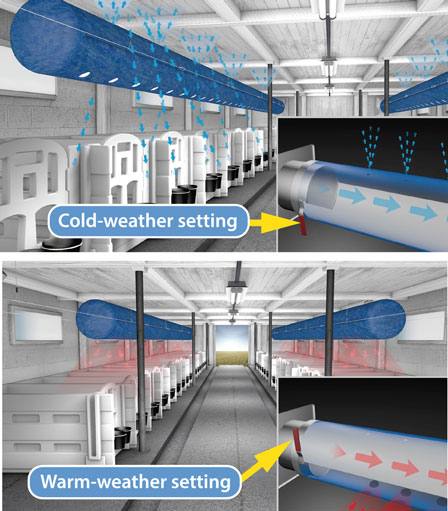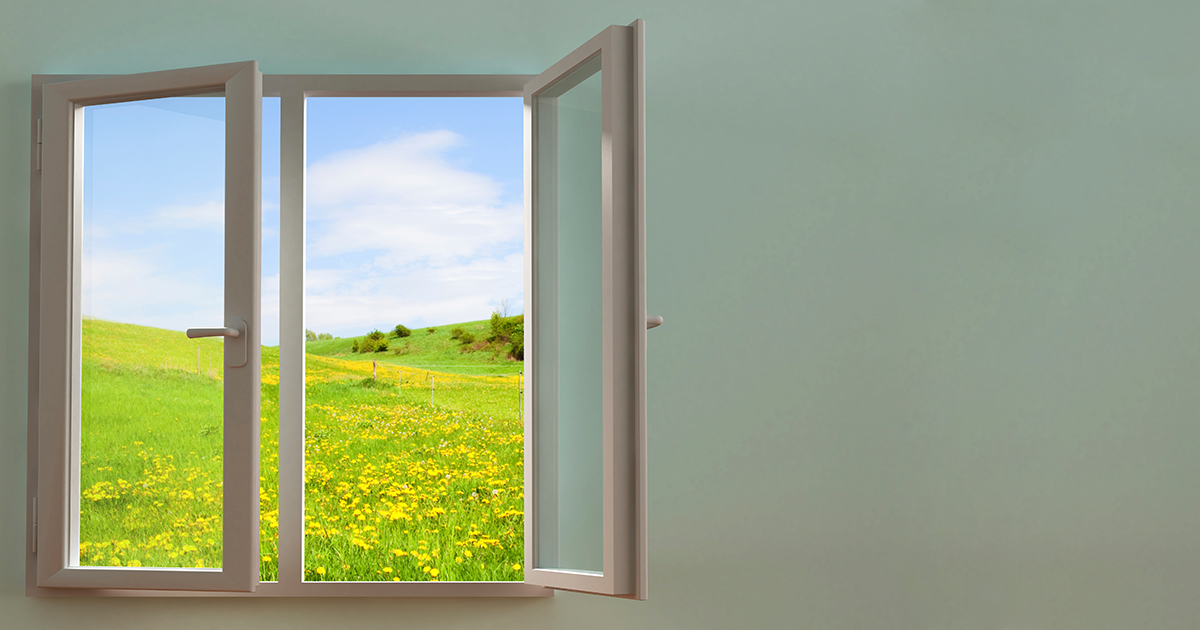Again i m assuming that you re not considering a sealed attic lowering the temperature of an attic that contains ducts can reduce your air conditioning costs.
Positive oressure ventilation reduce attic temp.
In existing homes the question is important.
The normal indoor humidity range in winter should be 15.
My father is interested in removing heat from his attic to try to keep the upstairs of his house somewhat cooler.
By positive pressure i mean that the air pressure inside the house is higher than outside pressure which tends to push air from inside to outside.
The net effect in most situations is a decrease in cardiac output.
Install electric ventilators and attic fans which remove hot air from an attic.
Alternatively install passive vents such as gable soffit and ridge vents which are openings in the roof that allow hot air to escape.
However with that understanding that creating negative pressure in the attic can cause all kinds of problems sucking out air from the conditioned space possible back drafting.
If the home doesn t have ducts there still may be reasons a homeowner would want to reduce the attic temperature.
Intake vents located at the lowest part of the roof under the eaves allow cool.
I have advised him that generally speaking attic fans are a bad idea which he has come to terms with.
The room is measured to have a positive air pressure with respect to the exterior that varies between 1 pa.
Instead the goal is to design an attic ventilation system that effectively compensates for the additional heat gain produced by the high levels of insulation.
Attic ventilation works on the principle that heated air naturally rises primarily utilizing two types of vents.
That would only create problems at other times of the year.
They have thermostats that turn the fan on at a recommended preset temperature of 100 110 degrees.
Ideal attic temperature and humidity settings.
The solution to this dilemma isn t to reduce the insulation in an attic.
In short effective attic ventilation also helps.
At this point the investigation is essentially complete.
The interpretation of the results follow.
Positive pressure ventilation affects preload afterload and ventricular compliance.
Or break the performance of your heating and cooling systems and your attic ventilation.
However the effect may be beneficial in the context of decompensated heart failure where the decreased preload and afterload result in a return to a more productive part of the starling curve.


